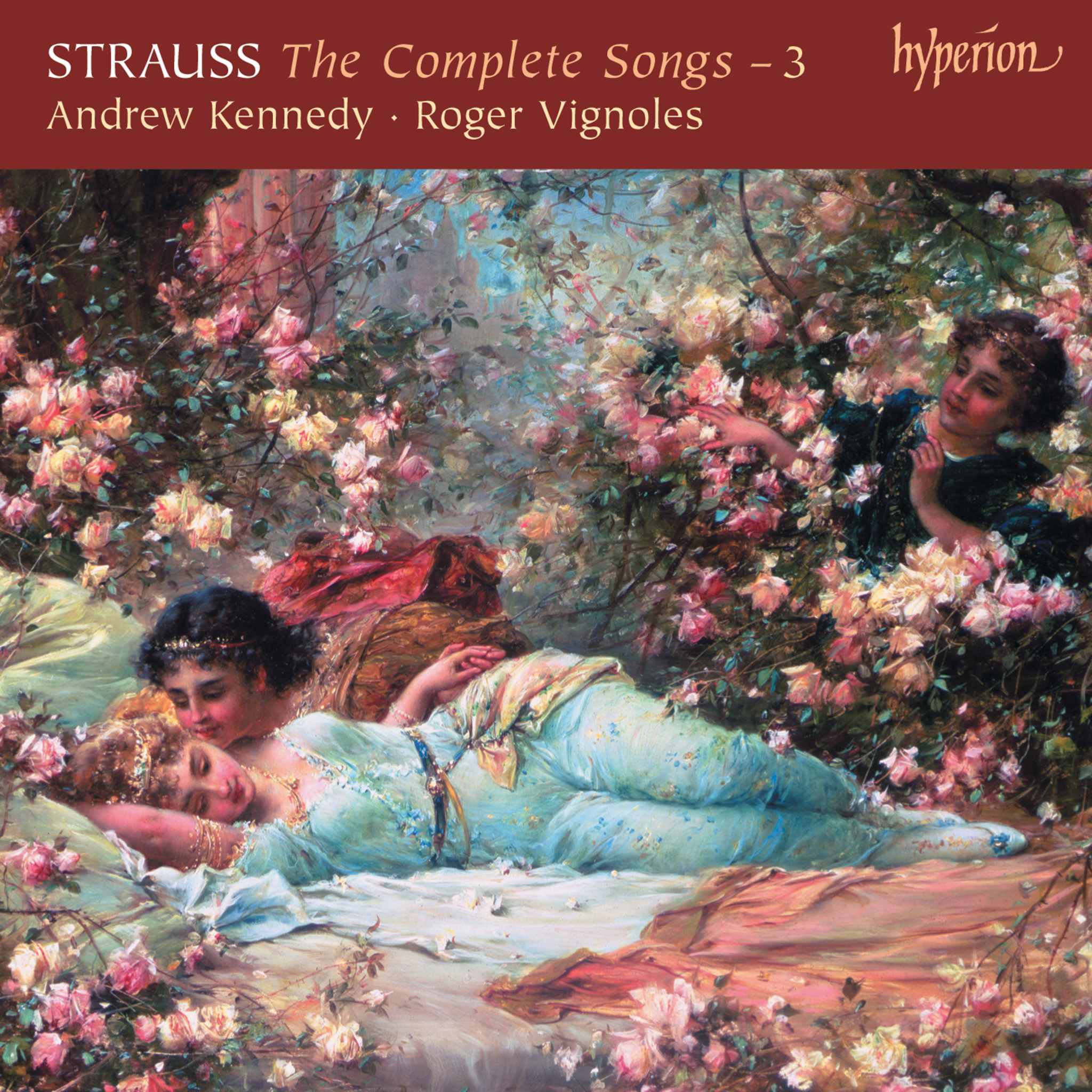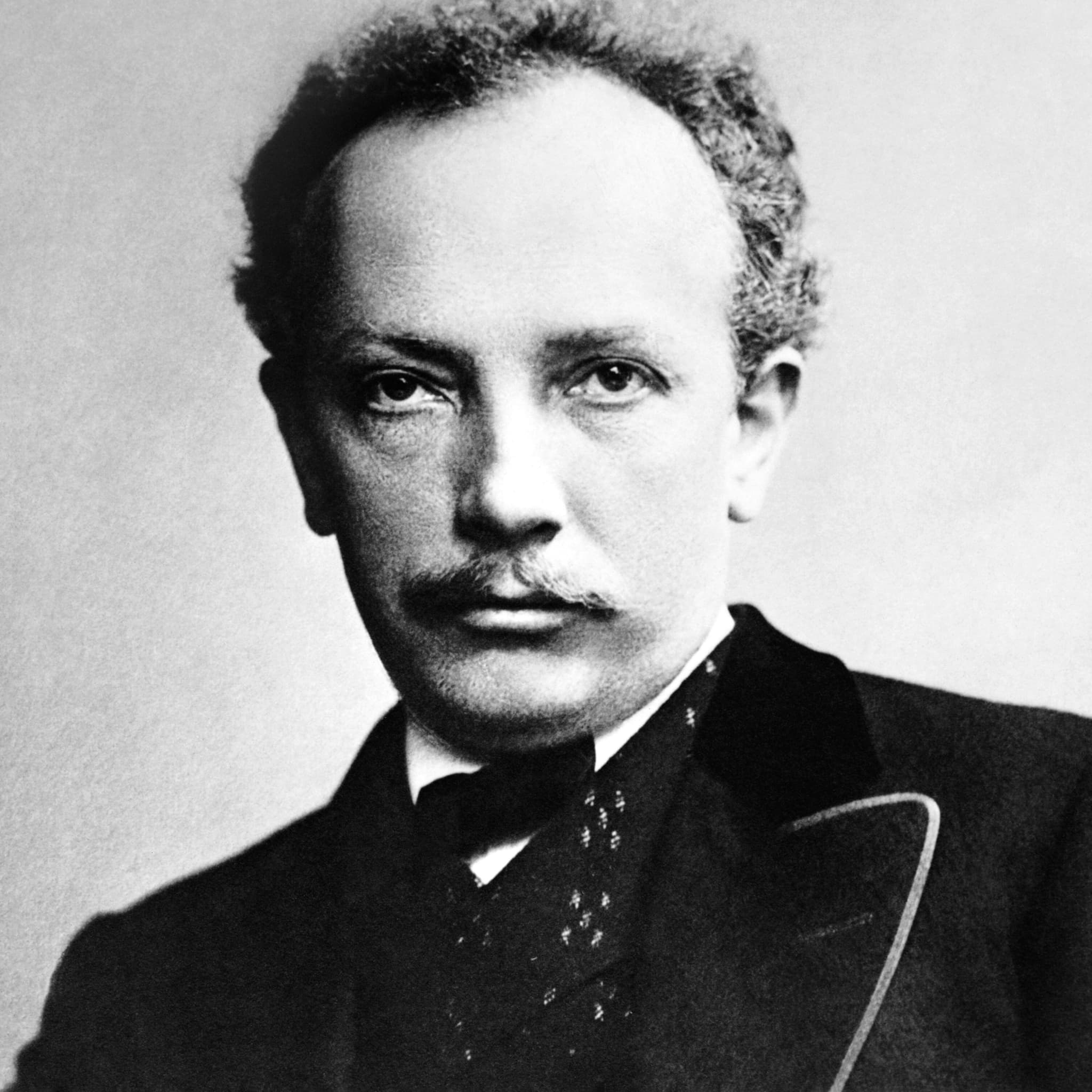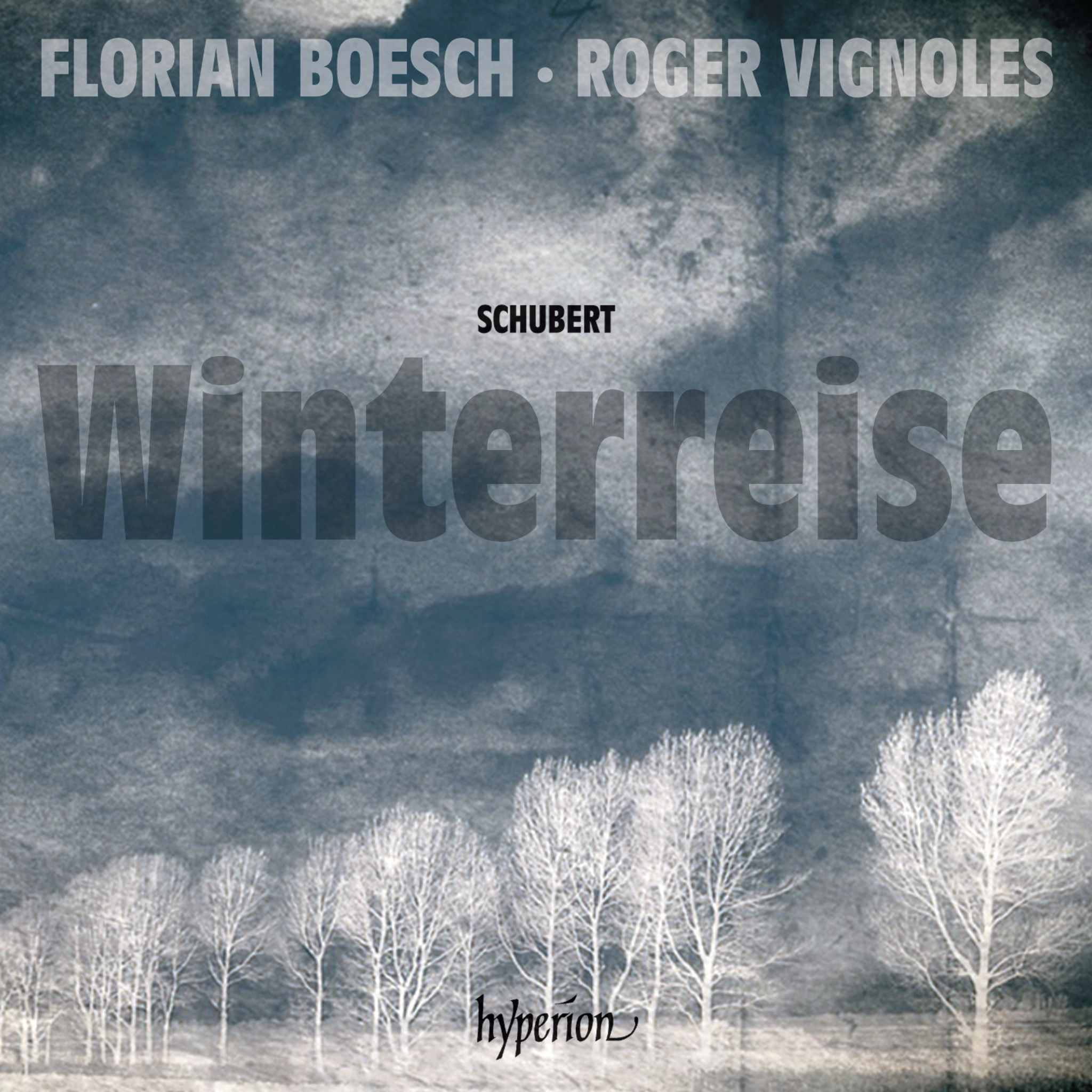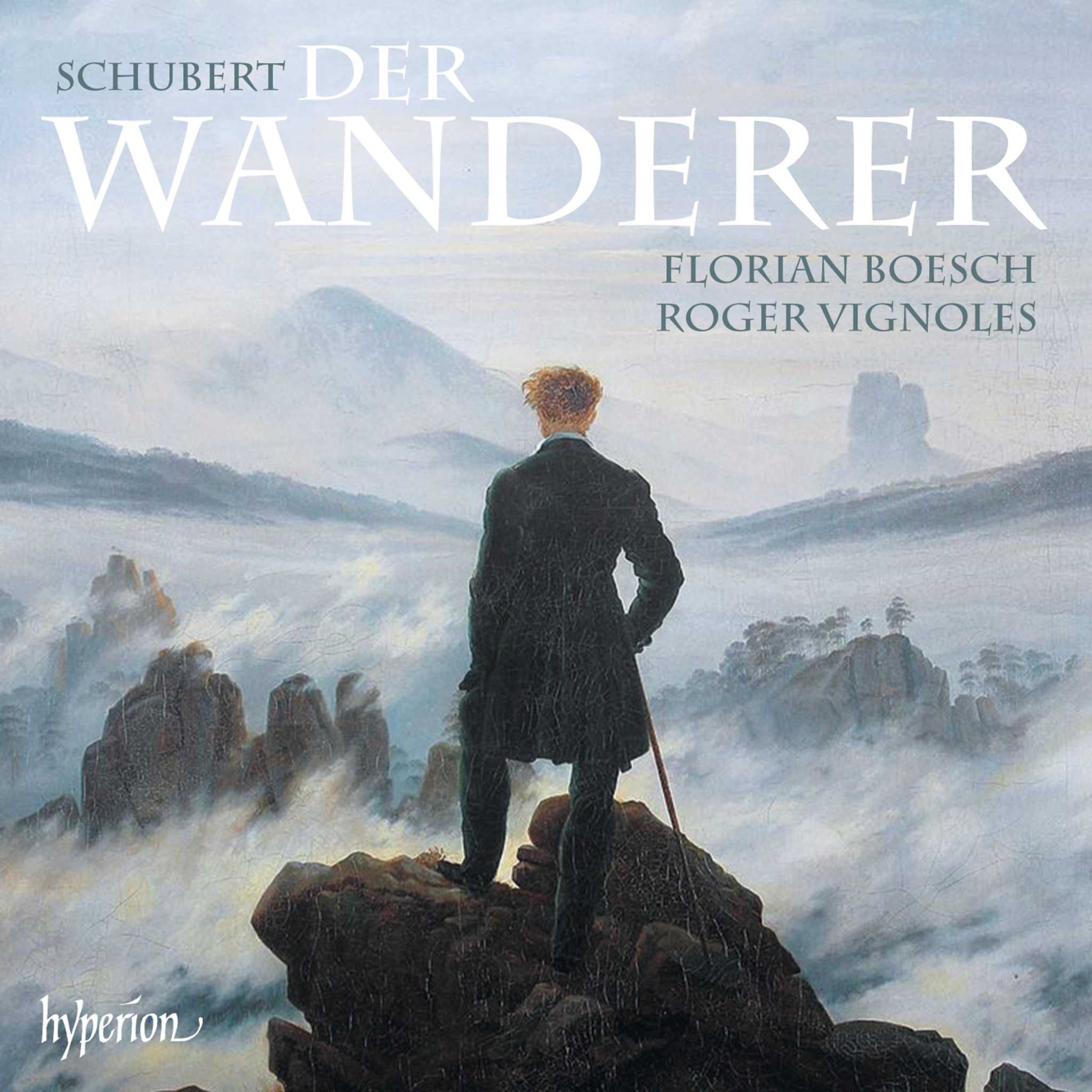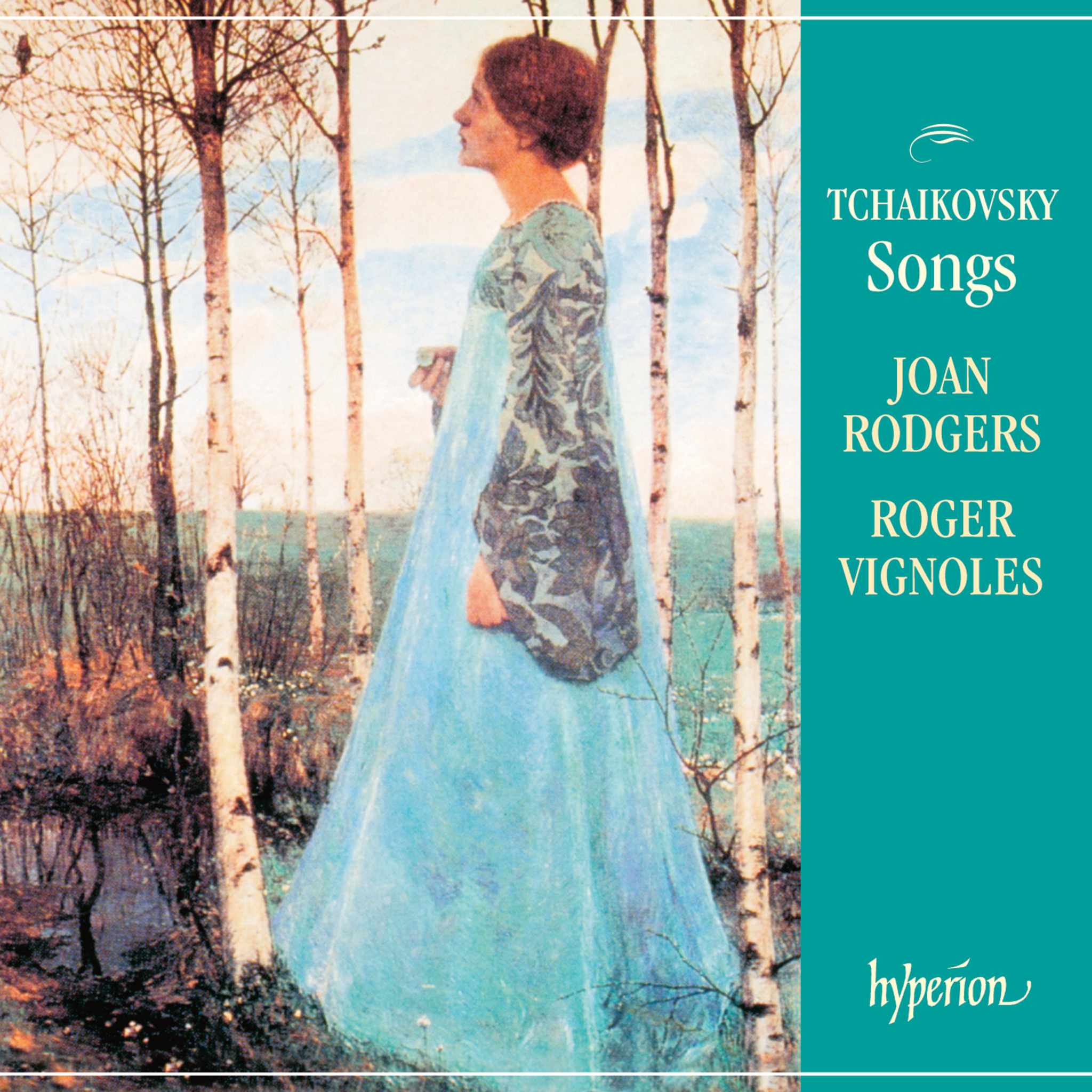In dieser Aufnahme von Strauss-Liedern werden Lücken geschlossen, die in den ersten zwei Bänden existierten. Sie ergänzt die Lieder aus op. 10, op. 19 und op. 21 und stellt das Heft op. 17 und op. 32 sowie drei Lieder aus op. 48 vor. Die Sammlung umfasst den Zeitraum von 1882 bis 1900, als Strauss seine bedeutendsten Werke komponierte, bevor er seine erfolgreiche Oper Salome schuf.
Nur einige dieser Lieder sind wirklich populär, darunter Heimliche Aufforderung, Freundliche Vision und Ich trage meine Minne. Andere, wie Ständchen, Schön sind, doch kalt die Himmelssterne und Nichts, werden weniger häufig dargeboten. Winterweihe, ein Werk aus Strauss' reiferer Schaffensperiode, ist bekannter als sein Pendant Winterliebe. Bemerkenswert ist, dass Anbetung trotz seiner orchestralen Gestaltung nie von Strauss selbst orchestriert wurde.
Manche intimere Vertonungen wie Das Geheimnis, Wozu noch, Mädchen und Die Frauen sind oft fromm und still, zeigen eine besondere Sanftheit. Diese Kompositionen reflektieren Strauss' Sichtweise auf Frauen und Mädchen seiner Epoche. Lieder wie Barkarole und Himmelsboten, die einen besonderen Zauber besitzen, verdienen größere Bekanntheit.
Das Erleben dieser Lieder erweitert das Verständnis für Strauss als Liedkomponist. Ständchen gewinnt eine neue Dimension, wenn man es im Zusammenhang mit anderen Liedern aus op. 17 hört. Das Anhören dieser Stücke, vorgetragen von Tenören, verleiht ihnen oft eine andere Bedeutung und betont bestimmte Botschaften.
Im Vergleich mit anderen Liedkomponisten wird Strauss manchmal nicht zu den großen vier (Schubert, Schumann, Brahms und Hugo Wolf) gezählt. Dennoch zeigen seine Lieder seinen künstlerischen Umgang mit Texten und seine Verbindung zur klassischen Dichtung, ähnlich wie bei seinen Vorgängern.
Roger Vignoles © 2008
Deutsch: Renate Wendel

